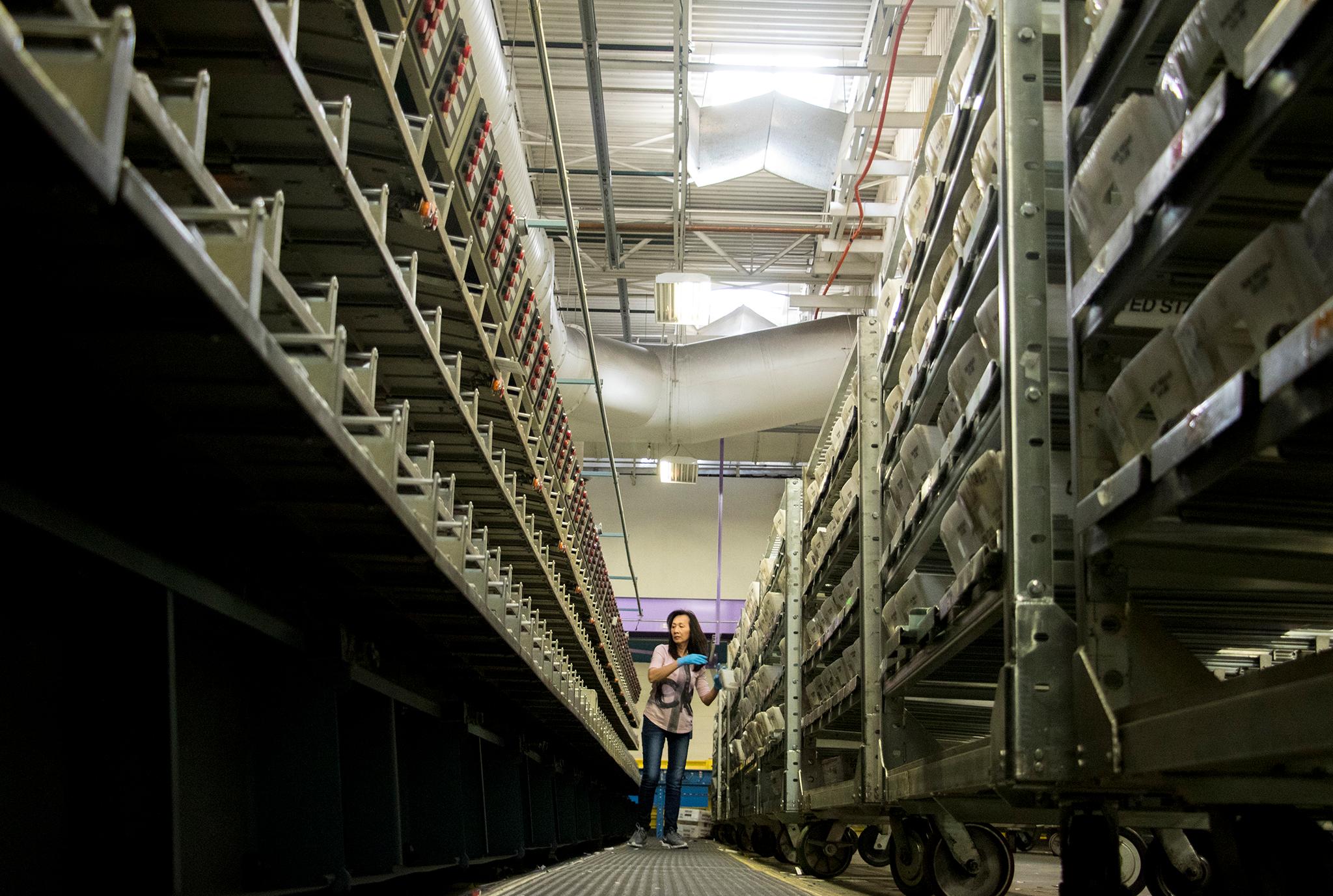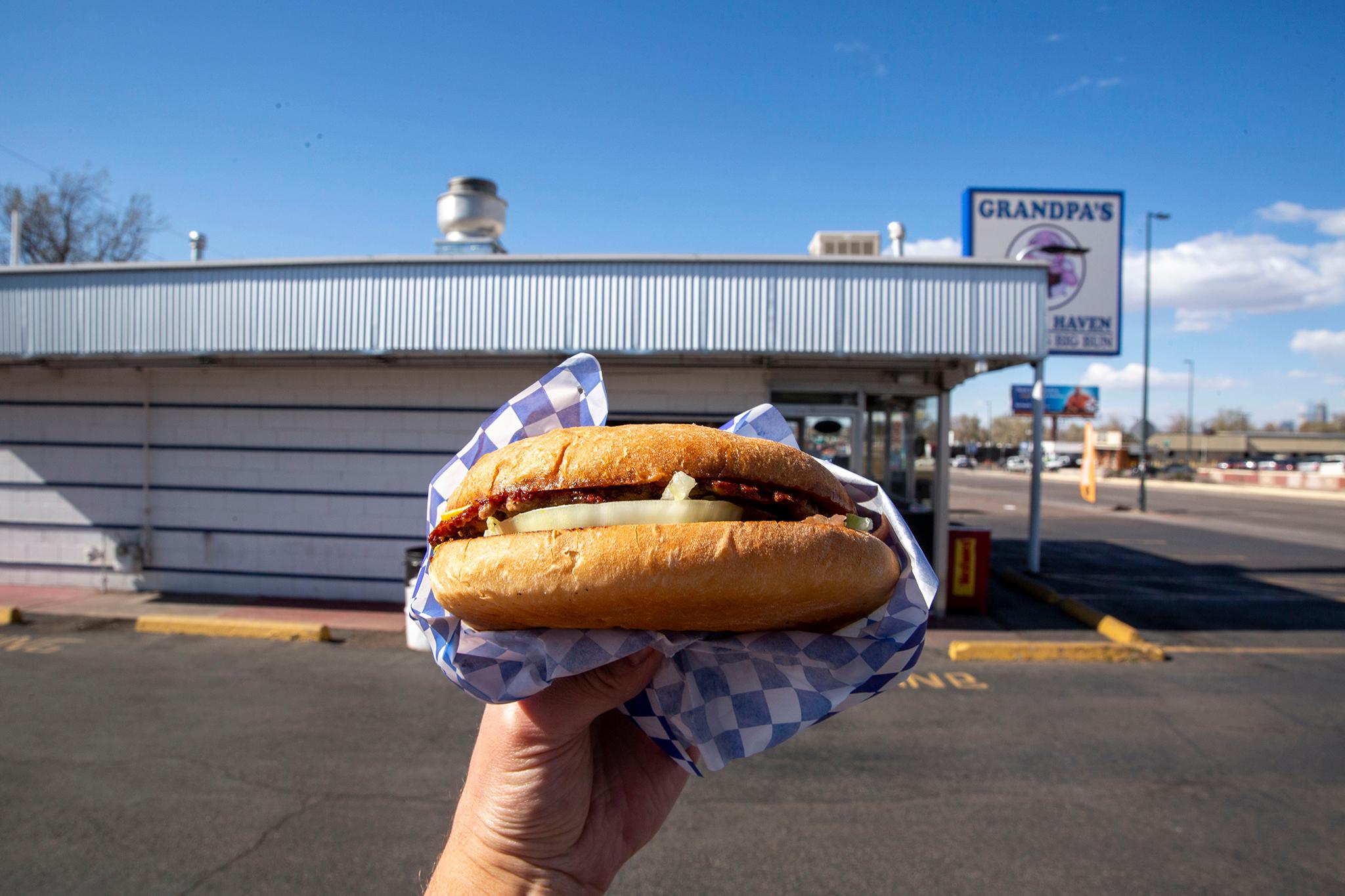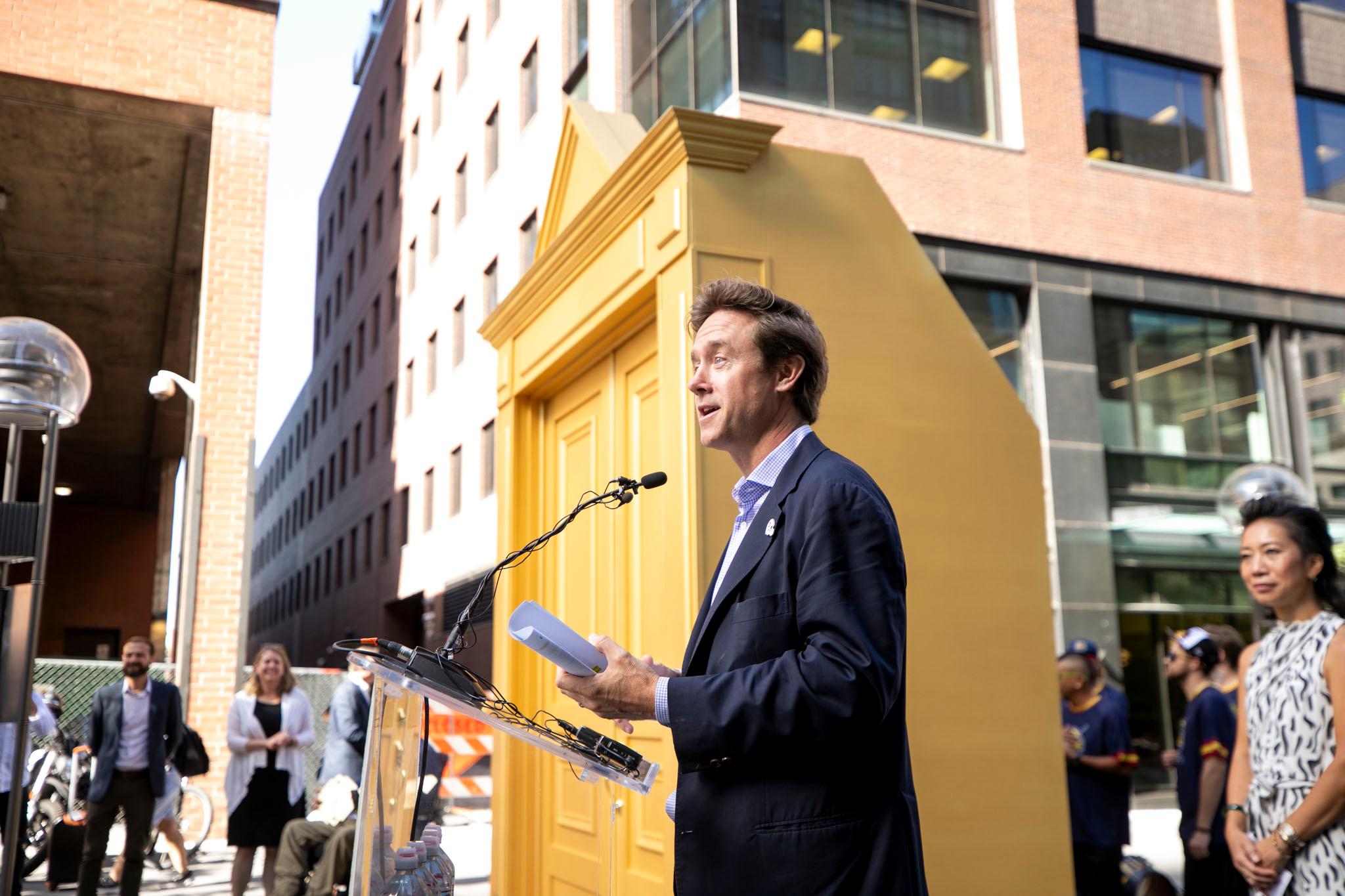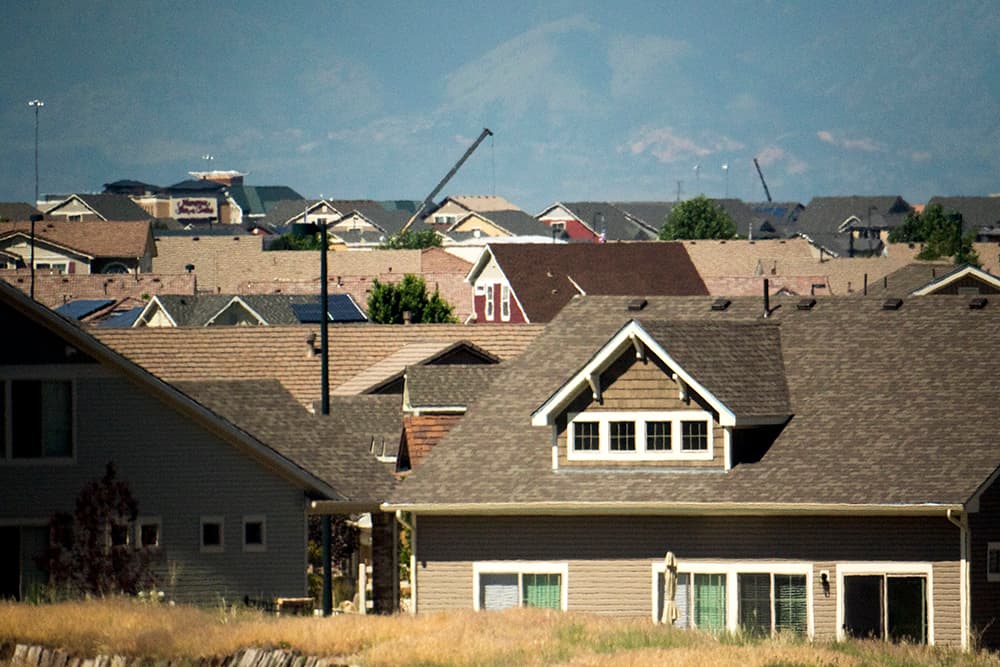
Local realtors, at least the ones that talk to the Denver Metro Association of Realtor's Market Trends Committee Chairman Steve Danyliw, agree: The housing market is turning.
"Over the last two months, I've personally spoken to dozens of realtors and asked them a simple question: 'Is the housing market turning?'" Danyliw wrote in DMAR's September report. "Over 95 percent responded with a quick YES. One responded, 'The feeding frenzy has lessened.'"
This being a report that's produced by realtors, people who make a living selling houses, great care has been taken to note this is not a slow down or a bubble. Maybe more like a level-off:
"Housing numbers can be presented in ways to paint many different pictures,” Danyliw wrote. “Overall, I feel positive about this market even though we are transitioning towards something that looks more normal.”
One area of relative cooling is the number of homes sold. At least compared to last year, fewer homes -- both single-family units and condos -- sold.
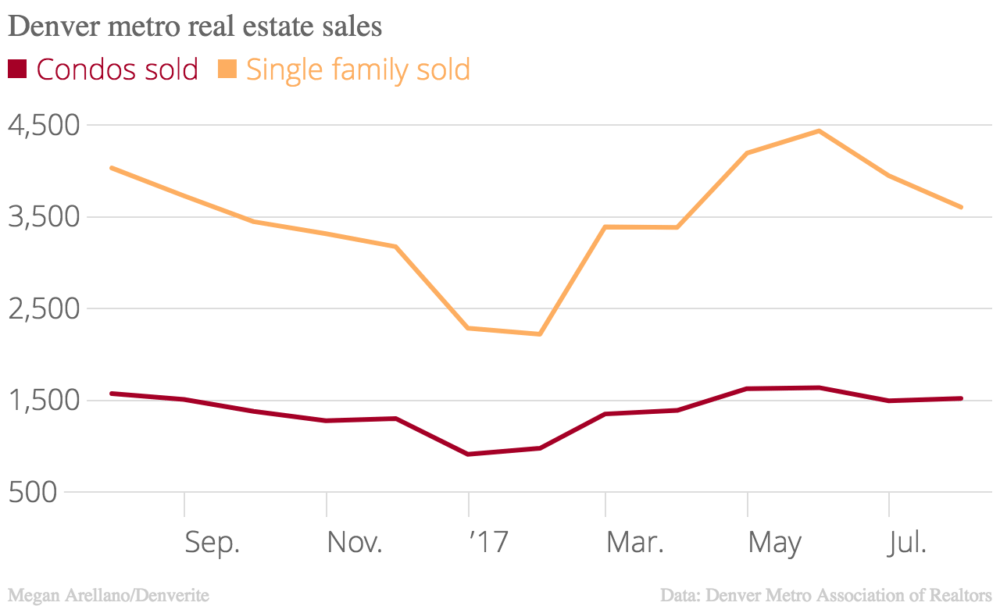
And for single family homes, the available inventory is also down compared to last year. Available condos for sale made up the difference, adding almost 18 percent compared to last year.
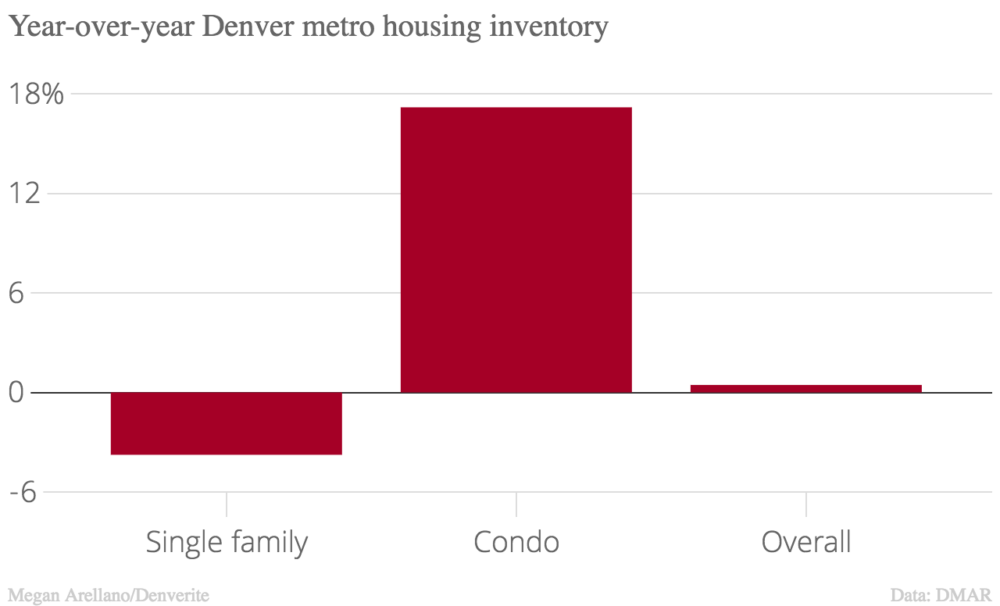
Still, home prices have continued to grow. DMAR says that median sold home prices have risen about 8.6 percent, for an average of $380,000 in August.
That's why even if the feeding frenzy has lessened, it's not going to feel like a cool down for would-be Denver homeowners.
Consider the Case-Shiller Index, which tracks repeat single-family home sales to illustrate changes in house prices. Denver's home prices have risen nearly 200 percent compared to their values in 2000:
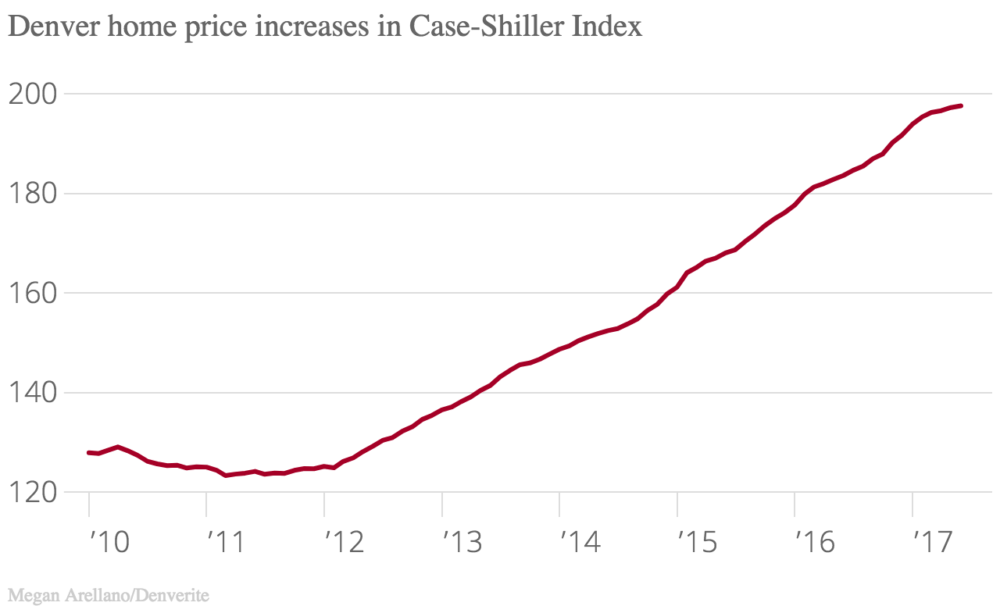
On the other hand, Denver was, once again, not one of the top three cities for housing price increases in the latest index release. In order, the cities with the highest June housing price increases compared to last year are Seattle (13.4 percent), Portland (8.2 percent), Dallas (7.7 percent), and Denver (7.6 percent).

